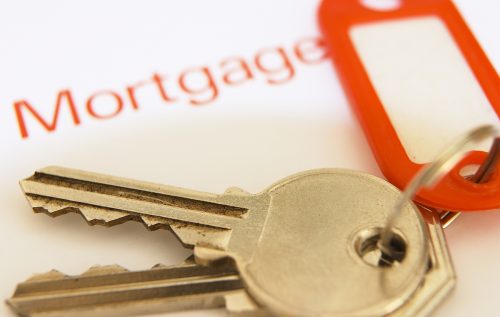Navigating the world of mortgages is a crucial aspect of the homebuying journey, whether you’re a first-time buyer or a seasoned homeowner. In this guide, we’ll delve into the essential insights that every homebuyer and homeowner should know when it comes to mortgages.
1. The Foundation of Homeownership: Understanding Mortgages
What is a Mortgage?
A mortgage is a loan provided by a financial institution or lender to help individuals or families purchase a home. It allows borrowers to spread the cost of homeownership over time, typically ranging from 15 to 30 years, making it more manageable.
Types of Mortgages
There are various types of mortgages available, each with its own terms and conditions. Common types include fixed-rate mortgages, adjustable-rate mortgages (ARMs), FHA loans, VA loans, and USDA loans. Understanding the differences between these options is essential for choosing the right mortgage for your needs.
2. Preparing for Homeownership: Assessing Your Financial Readiness
Financial Assessment
Before applying for a mortgage, it’s crucial to assess your financial situation. This includes reviewing your credit score, calculating your debt-to-income ratio, and determining how much you can afford to spend on a home.
Saving for a Down Payment
Most lenders require a down payment when purchasing a home, typically ranging from 3% to 20% of the home’s purchase price. Saving for a down payment can take time, so it’s essential to start saving early and explore down payment assistance programs that may be available to you.
3. The Mortgage Application Process: Step-by-Step
Gathering Documentation
To apply for a mortgage, you’ll need to gather several documents, including proof of income, employment verification, bank statements, and tax returns. Having these documents ready will streamline the application process and help your lender assess your eligibility.
Applying for Pre-Approval
Consider getting pre-approved for a mortgage before you start shopping for a home. Pre-approval involves submitting an application to a lender, who will review your financial information and determine how much you can borrow. Having a pre-approval letter in hand can strengthen your offer when making an offer on a home.
4. Choosing the Right Mortgage: Finding the Best Fit for Your Needs
Comparing Loan Options
Once you’re pre-approved, it’s time to explore your loan options. Compare interest rates, terms, and fees from multiple lenders to find the best mortgage for your needs. Consider factors such as the length of the loan, the type of interest rate, and any special features or benefits offered by each lender.
Working with a Mortgage Broker
A mortgage broker can help you navigate the mortgage process, comparing loan options from multiple lenders on your behalf. They can also help you understand complex mortgage terms and negotiate the best possible terms for your loan.
5. Closing the Deal: Finalizing Your Mortgage
Underwriting and Approval
Once you’ve chosen a lender and submitted your loan application, the lender will review your financial information and property details through a process called underwriting. If everything checks out, you’ll receive final approval for your mortgage.
Closing the Loan
The final step in the mortgage process is closing the loan, where you’ll sign the necessary paperwork and pay any closing costs. Once the paperwork is signed, and the funds are disbursed, you’ll officially become a homeowner!
Conclusion: Empowering Homebuyers and Owners
Understanding the ins and outs of mortgages is essential for both homebuyers and homeowners alike. Whether you’re embarking on the journey to homeownership or looking to refinance your existing mortgage, the insights provided in this guide will empower you to make informed decisions and achieve your homeownership goals.
FAQs
- What credit score do I need to qualify for a mortgage? While specific credit score requirements vary by lender and loan type, most lenders prefer borrowers to have a credit score of at least 620 to qualify for a conventional mortgage. However, some government-backed loans, such as FHA loans, may accept lower credit scores.
- How much of a down payment do I need to buy a home? Down payment requirements vary based on the type of mortgage and the lender’s policies. Conventional mortgages typically require a down payment of 3% to 20% of the home’s purchase price, while FHA loans may require as little as 3.5% down.
- What is mortgage insurance, and do I need it? Mortgage insurance is a policy that protects the lender in case the borrower defaults on the loan. It is typically required for loans with a down payment of less than 20% of the home’s purchase price. Borrowers pay mortgage insurance premiums as part of their monthly mortgage payments until they have sufficient equity in the home.
